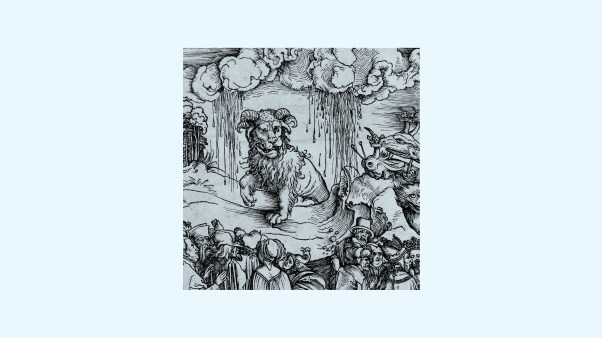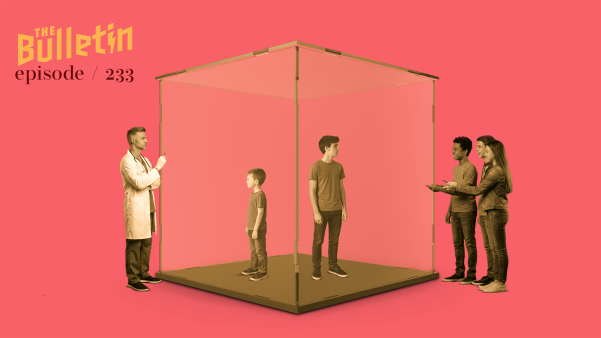Thirteenth-century Europe was full of war and rumors of war. Take the “Commune” of Assisi, as it was called.
A commune was essentially an independent city-state that included surrounding country and towns. Self-governing Assisi could wage war, which it had been doing on rival Perugia on and off for over a century. In 1200, war began again, first with sporadic raids and the destruction of crops and border towers.
In November 1202, Assisi’s army amassed in the city and likely passed through the gate leading to Perugia. In that army rode Francis, a member of the Compagnia dei Cavalieri, the city’s armed elite, knights and merchants who could afford a horse and armor. On the plain between the cities, a furious battle ensued, and the men of Assisi were slaughtered: “The hand is not to be found with the foot, or the entrails with the chest,” wrote one chronicler of the carnage; “on the forehead horrible windows open out instead of eyes.”
Francis, fortunately, was taken prisoner and would be ransomed within a year. The experience, though drearily common for the times, marked him in an uncommon way.
Starting over Again
In that age, there were few refuges of peace. Even the church fought wars, mostly with Frederick II, who, as Holy Roman Emperor and King of Sicily, surrounded the vulnerable Papal States.
The church’s moral condition was also deeply troubled. Added to the plentiful reports of clergy promiscuity, the Fourth Lateran Council (1215) noted in disgust, “Many priests have lived luxuriously. They have passed the time in drunken revels, neglecting religious rites. When they have been at Mass, they have chatted about commercial affairs. They have left churches and tabernacles in an indecent state, sold posts and sacraments.”
One little church that physically symbolized this abysmal moral condition was located just outside of Assisi. San Damiano was at least 200 years old, crumbling, deserted, seemingly beyond repair. It was here that Francis received his revelation to rebuild the church.
With trowel and stone and mortar, he did just that, and then moved on to another church, and another still. The third was called Saint Mary of the Angels, or more usually, the Portiuncula, “the little portion.” Francis made the abandoned, sagging chapel home for his new order, telling his brothers “to make poor dwellings, of wood, not of stone, and to erect small places according to a humble plan”—a little plan with large consequences.
Living Symbols of Peace
In later years, Francis would often retreat to a hermitage in Greccio for prayer. Greccio was a castello, a fortified town. After dark, a typical castello would shut its gates and impose a curfew to curtail robberies, rapes, and murders. In such a setting, where fear and violence tread darkly, Francis re-enacted the birth of the Prince of Peace.
La Verna was another retreat of Francis. Donated to Francis by Count Orlando dei Catani, a man of considerable military and economic might, it became the place where Francis received the crucified marks of his “weak and poor” Lord.
Copyright © 1994 by the author or Christianity Today/Christian History magazine. Click here for reprint information on Christian History.










